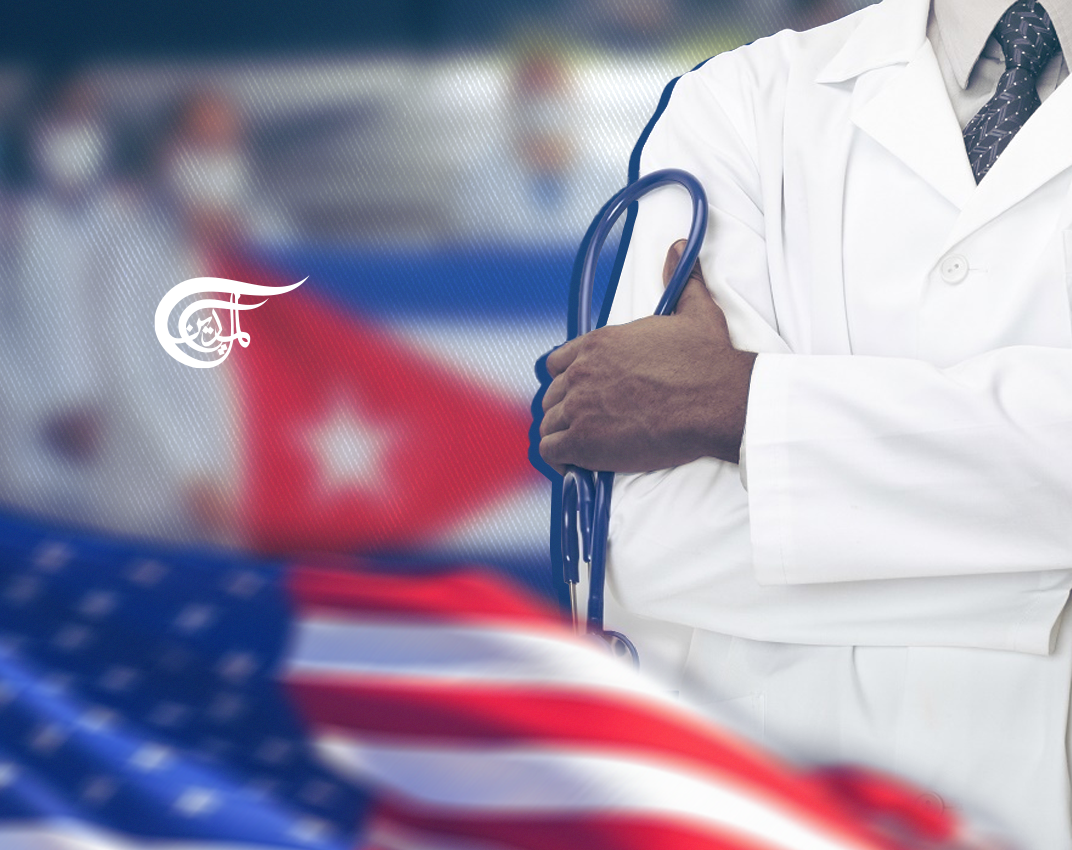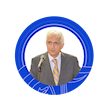STICKS BECAUSE YOU ROW, STICKS BECAUSE YOU DON´T ROW
Cuba suffered the effects of the pandemic with an aggravating factor, that is the blockade imposed by the US since February 1962 with the aim of strangling Fidel Castro's Cuban revolution.
In Spanish, there is a well-known proverb that says "sticks because you row, sticks because you don't row" which refers to the fact that certain types of people will criticize you regardless of what you do, whether it is good or not.
The pandemic has affected every country on the planet equally. Some have adopted more effective measures than others to face it, as well as in other cases they have had more resources and/or a better lobby with laboratories to acquire enough vaccines to promptly begin vaccinating their population.
However, with greater or lesser intensity, many are the countries where people took to the streets to protest the handling of the pandemic, a situation that in several cases was accompanied by social uprisings with legitimate demands to improve sanitary conditions, the quality of education, pensions reform, availability of drinking water, gender rights, indigenous people and others that require changes in the constitution to achieve democratic transformations towards more just and equitable societies. Such has been, for example, the case of Chile among other Latin American countries.
Faced with such a complex scenario, Cuba has not been an exception and has suffered the effects of the pandemic like so many others. With an aggravating factor, that is the blockade imposed by the United States since February 1962 with the aim of strangling Fidel Castro's Cuban revolution. This failed cold war policy still constitutes the longest and most comprehensive economic, commercial and financial siege against any country and, as in Gaza, Palestine, this hostile and aggressive policy harms and hits the population hard, for which reason constitutes a serious violation of human rights. Although the blockade against Cuba is of longer duration, the Israeli blockade of Gaza, which also seeks the overthrow of the Palestinian government in that strip, is much more criminal still since Israel constantly bombs that territory causing destruction and death to thousands of Palestinians, using internationally prohibited weapons, exacerbating the severity of the pandemic among the population.
Continuing with Cuba, in the last week, many people took to the streets to protest the shortage of food, problems with electricity, deterioration of economic activity, especially tourism which is the main source of income for the country and, the general sanitary conditions. Nevertheless, it is also fair to acknowledge that massive protests have taken place in almost all over the world, regardless of the political color of the government, due to the lack of medical supplies, inability to provide care in hospitals, delays in vaccination, a large number of people who died in countries of Latin America, Asia, and Europe, among many other problems. This is without considering the cases of corruption and resignations of health ministers, such as the well-known cases of Brazil and Chile in South America.
Yet despite the criticism, the Cuban government's handling of the pandemic appears to be markedly better than that of many other countries on the continent. To cite some cases, deaths from Covid-19 as a percentage of the population have been to date 0.17% in Chile, 0.23% in Colombia, 0.22% in Argentina, and only 0.015% in Cuba. A vaccine against Covid-19 was developed on the island given the remarkable scientific and health development that Cuba has achieved, despite all the restrictions to which it is subjected by the US blockade.
The embargo on Cuba has been condemned 30 times by the United Nations and the international community maintains that it violates international law, undermining the social and economic rights of the Cuban population, as well as limiting the importation of medicines, medical supplies, and technologies to treat deadly diseases and to maintain the health programs of this country. This year, the end of the embargo was approved in the UN by an overwhelming majority and as usual with only two votes against, the United States and "Israel".
As usual, every time there is a protest in Cuba, the United States government mobilizes all its communication capacity, which we must remember, in the hands of multinational agencies controlled by world Zionism, in addition to activating its agents "asleep” to incite demonstrations against the Cuban government in successive attempts to end the Revolution. This, however, has the support of the vast majority of the population who, since the time of the overthrown dictator Fulgencio Batista, is well aware of the inequities and abuses of capitalist society.
In this difficult scenario, the government of Miguel Díaz-Canel must be prudent and open spaces for dialogue with those who identify themselves as leaders of the social protest movement, to listen and consider possible responses to their demands, which could fulfill a double objective, on one hand, to be certainly reasonable measures and possible to implement for the benefit of the country and, on the other hand, to silence the internal and external political voices that are rising against the government to discredit its achievements and overthrow the socialist project.
As for now, the Cuban president has already recognized that many of the claims were well founded, which has built a bridge for both the opposition and the government to sit at a dialogue table. For a little over a decade, in universities, think tanks and even within the communist party, some proposals for change have been hinted with more or less notoriety, particularly in economic matters. The apparent threat of the protests could be cleverly used by the government as an opportunity to carry out the reforms that the country requires.

 Mikhael Marzuqa
Mikhael Marzuqa
 6 Min Read
6 Min Read












